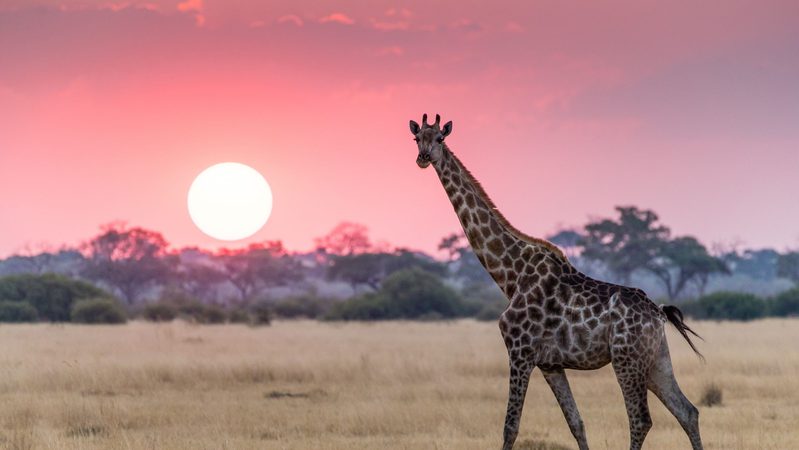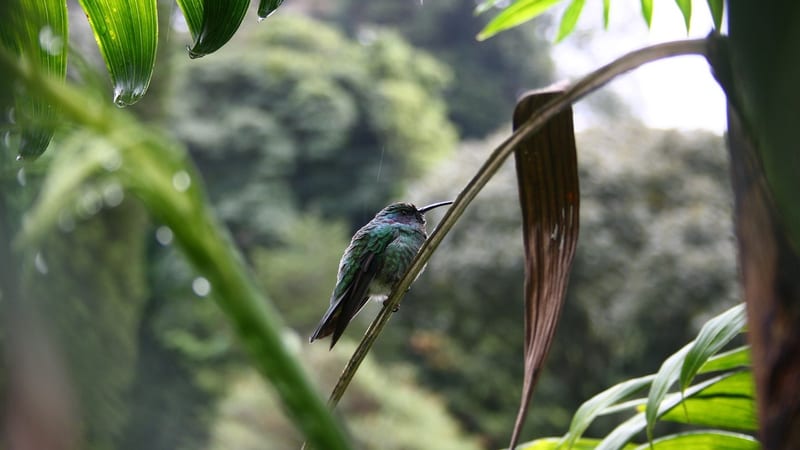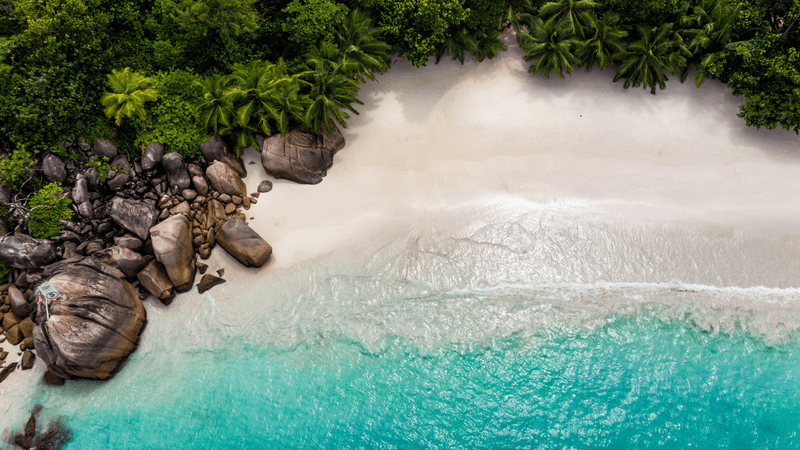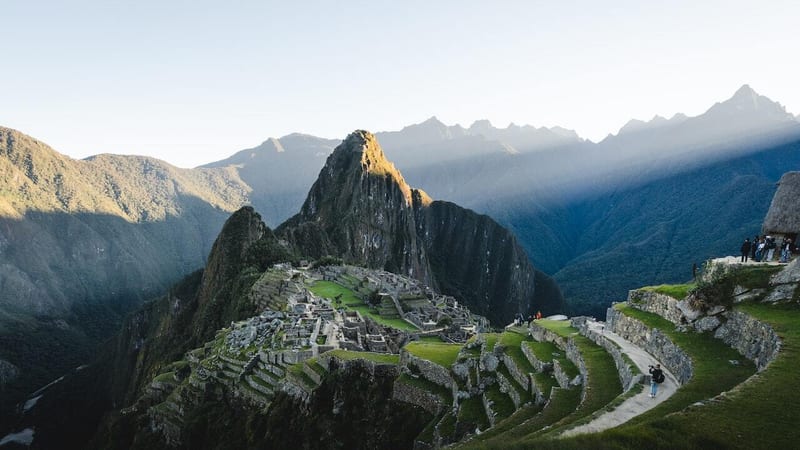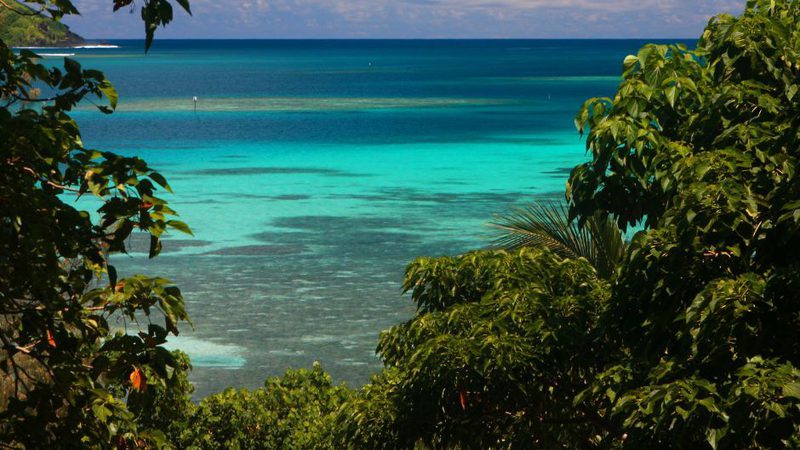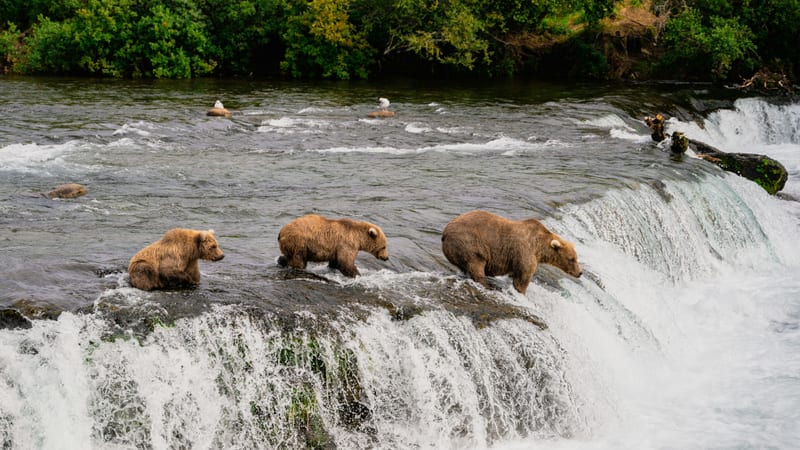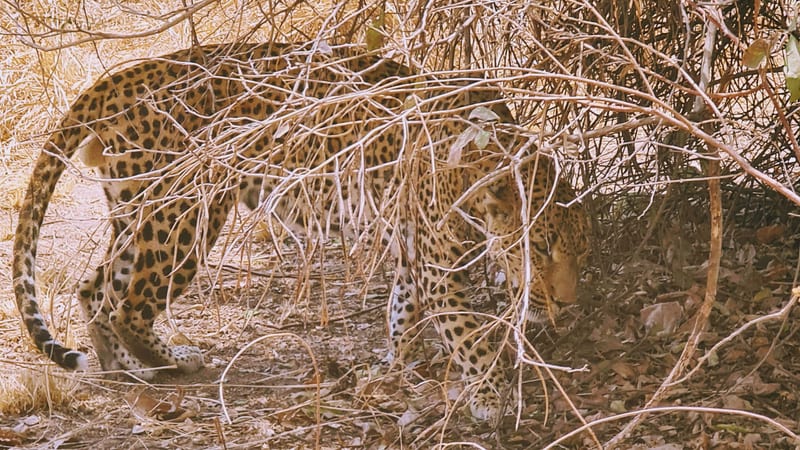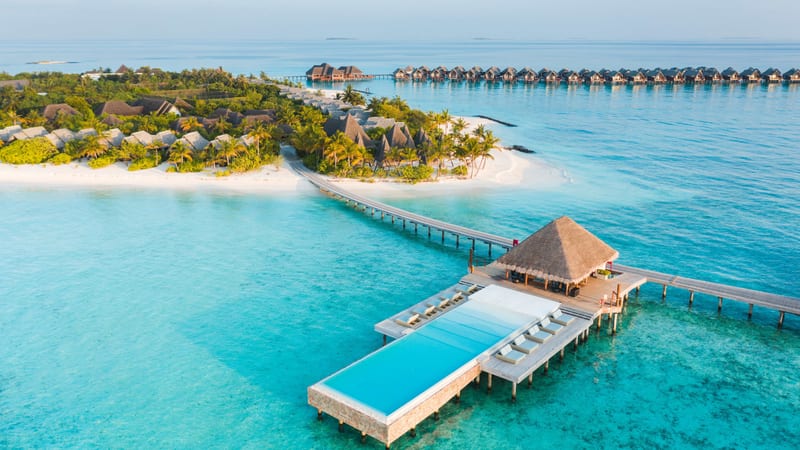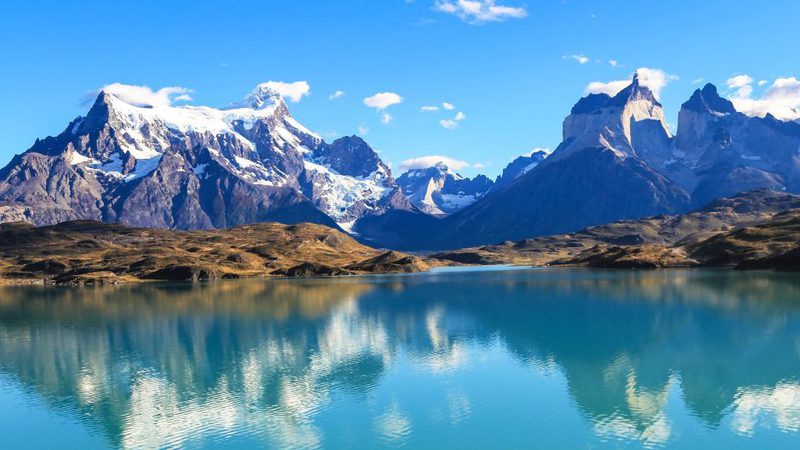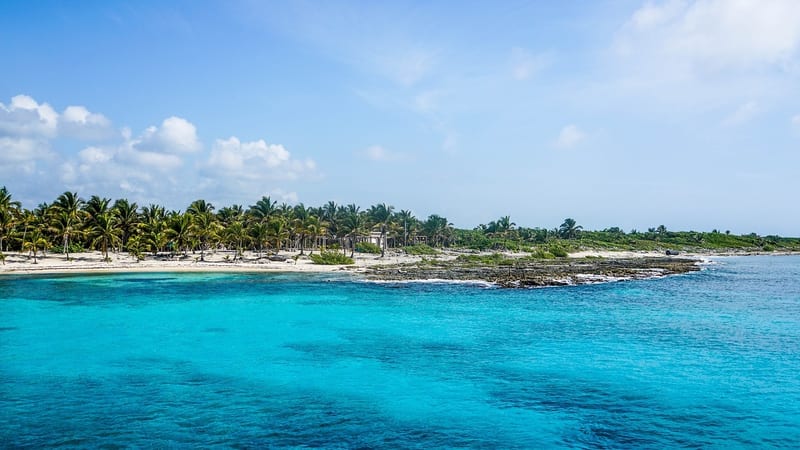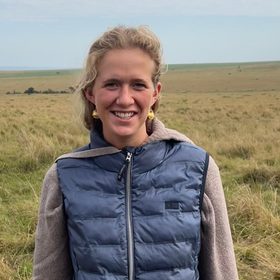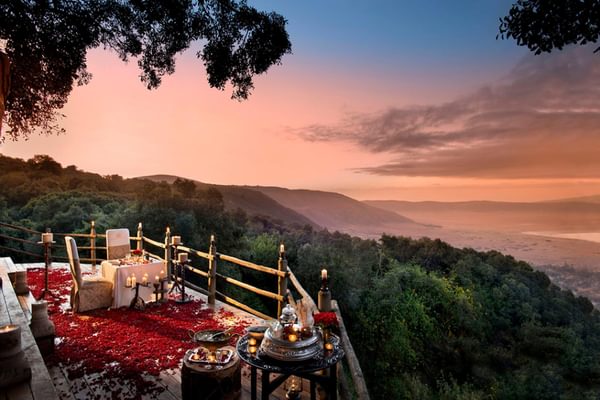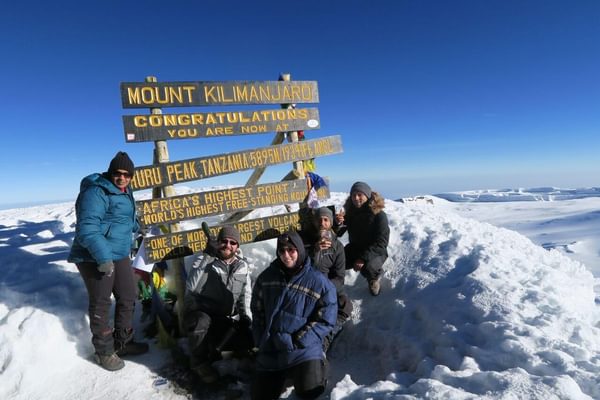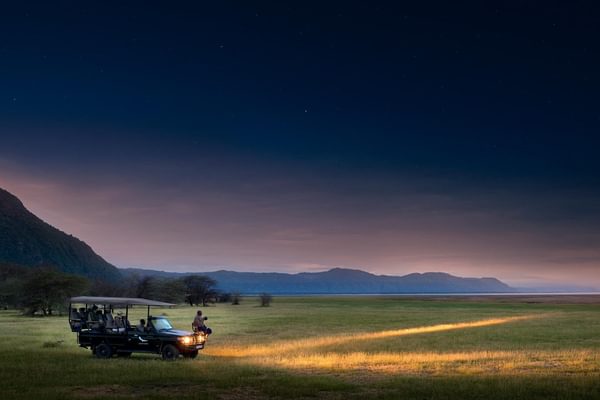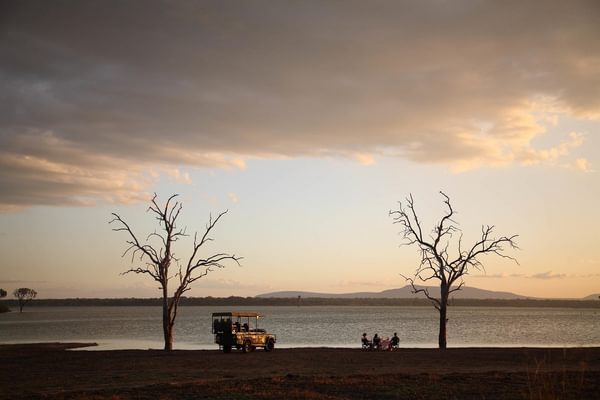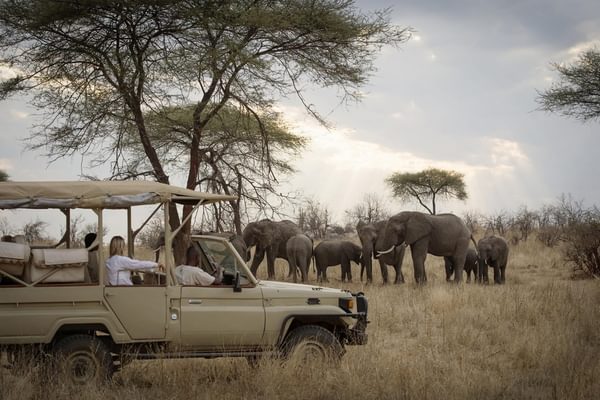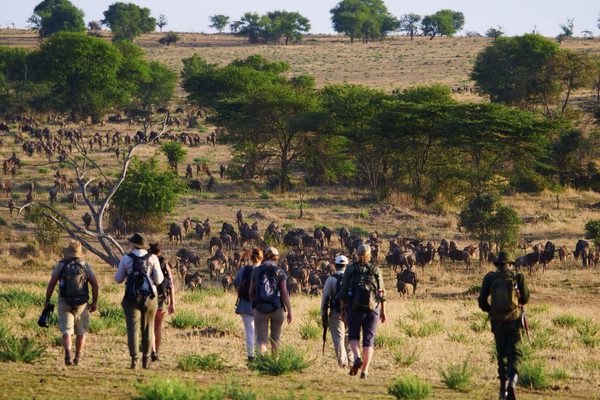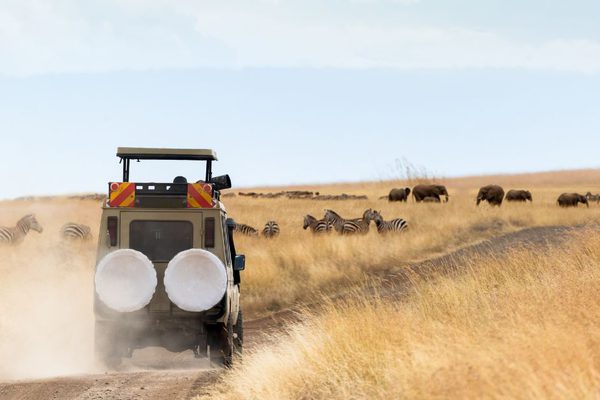A world class safari destination
Tanzania is Africa at its most wild and beautiful – iconic safaris, remote national parks, and Zanzibar’s stunning white-sand beaches.
If you're dreaming of a trip that blends adventure with unforgettable beauty, let us introduce you to Tanzania – a country we genuinely love and can't wait to share with you.
Tanzania is one of those rare places where nature feels completely untouched and wildly alive. It’s home to some of Africa’s most iconic landscapes: the endless plains of the Serengeti, where the Great Wildebeest Migration unfolds; the wildlife-rich Ngorongoro Crater; and the mighty Mount Kilimanjaro, Africa’s highest peak.
But Tanzania also has a wild, remote side that many travellers never get to see – places like Ruaha National Park, with its rugged beauty and vast elephant herds; Katavi, where you’ll often feel like you have the entire park to yourself; and the magical Mahale Mountains, where you can track wild chimpanzees on foot along the shores of Lake Tanganyika. These parks offer a deeper, more off-the-beaten-path experience for those looking to go beyond the usual safari circuit.
Whether you're tracking big cats on a game drive or sipping sundowners as elephants drink from a nearby waterhole, every day here is a thrilling adventure waiting to happen.
But it isn’t just about safari. One of the best things about Tanzania is how easy it is to combine adventure with relaxation. After the dust and drama of the bush, you could be on a white-sand beach in Zanzibar within hours – swimming in turquoise waters, wandering through Stone Town, or simply doing nothing at all.
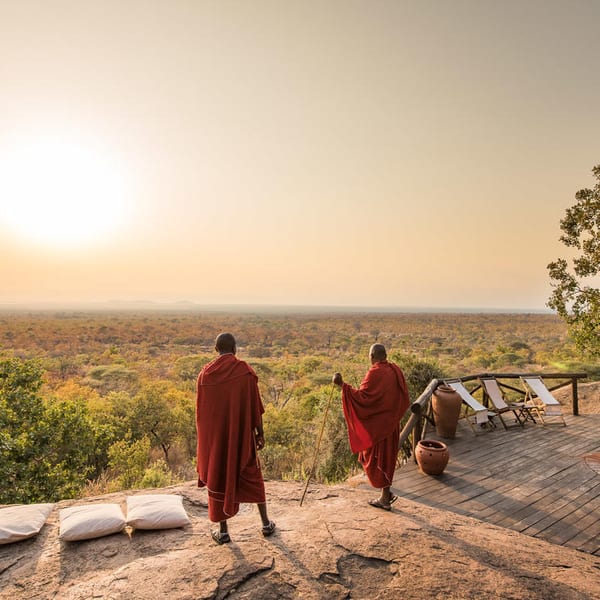
Northern Tanzania Explorer
- Arusha
- Tarangire
- Karatu
- Ngorongoro
- Serengeti
- Grumeti
From the ancient baobab trees of Tarangire to the dramatic landscapes of Ngorongoro - and all before reaching the endless plains of the Serengeti - this is a safari like no other.
Tanzania Trip Inspiration

Our Tanzania specialist, Ottilie says:
Few places capture the essence of Africa quite like Tanzania. From the drama of the Serengeti to the stillness of Zanzibar’s beaches, every day brings a new sense of wonder. The wildlife here is extraordinary, lions, elephants, and flamingos all part of the daily scenery, and the experiences are just as varied, from game drives and walking safaris to diving in turquoise waters. It’s a country that reminds you how vast and beautiful the natural world can be.
When to go to Tanzania
Find out the best time to visit Tanzania with our month by month guide.
- Best
- Good
- Mixed
- Jan
- Feb
- Mar
- Apr
- May
- Jun
- Jul
- Aug
- Sep
- Oct
- Nov
- Dec
January
January is mixed when it comes to weather, temperatures rise whilst the chance of rain and humidity increases. It is still a good time to go, as the rates are lower yet the game viewing is still excellent.
- During this time migratory herds are in the Serengeti for calving season, meaning the Ndutu plains are busy.
February
The weather remains hot with a chance of rain in February.
- Meanwhile in the Ndutu Plains the migration is still occurring.
March
March is the calm before the storm, before heavy rains and humidity builds. Visitors can take great advantage of lower rates during the low season.
- Migrating herds start to leave Ndutu, heading West towards Grumeti.
April
April experiences continued periods of heavy rain, we would advise against travel due to the conditions.
May
During may there is periods of heavy rain, we would advise against travel due to the conditions.
June
June heralds the wet season, bringing lush green vegetation which can make spotting game more difficult. It is a particularly great time for birders as parks become populated by migratory birds especially in the South.
- Migration is still in the Grumeti area, heading north.
July
July is the start of peak season, temperatures reach up to 30 degrees and the surrounding land becomes drier and spotting game is becoming easier.
- The migration is in the Northern Serengeti moving towards Kenya.
August
August is peak season, with bush land drying out game spotting becomes much easier. If you want to experience Tanzania game at its best, August is the time to travel.
- The migration still remains in the north.
September
Peak season continues in September, the Northern circuit can be very busy, if you want to avoid crowds it's best to visit the southern parks.
- The end of the migration is still in the north with herds on both side of the Kenyan and Tanzanian borders.
October
Peak season continues into October with good game viewing in the Serengeti and southern parks.
- The migration has now crossed over into Kenya.
November
November is the start of the rainy season, the rains tend to be overnight so it is still a popular time to travel. During this month you can take advantage of low season rates.
- Migration crossing over into the Serengeti can be seen a the Tanzania and Kenya border.
December
Rains continue in December, whilst the temperature and humidity start to build. Venturing out on safari is generally good, with large game still easily spotted.
- Migrating herds in the north travel south back to Ndutu.
Types of Tanzania holidays
Where to go in Tanzania
Top places to go in Tanzania
Best places to stay in Tanzania
Speak to a Tanzania expert today
and start planning your tailor-made holiday

Alistair

Ottilie
FAQs About Your Tanzania Holiday
Planning a holiday to Tanzania? Our experts share advice on everything from what to pack, when to go, to tips for families, covering the questions we get asked the most.
What makes Tanzania such a great safari destination?
Tanzania combines legendary safari regions with vast wilderness and varied ecosystems. The Serengeti is unmatched for its Great Migration, while the Ngorongoro Crater offers dense wildlife in a compact setting. Beyond the famous names, parks like Ruaha and Nyerere offer remote, less-visited safaris with outstanding guiding.
When is the best time to visit Tanzania?
June to October is the classic dry season, with excellent wildlife viewing and cooler conditions. From December to March, the southern Serengeti hosts the calving season of the Great Migration, an extraordinary spectacle. April and May bring lush green landscapes and quieter camps, though some lodges close for the rains.
What wildlife can I expect to see?
Tanzania is home to the Big Five – lion, leopard, elephant, rhino, and buffalo – as well as cheetah, wild dog, and vast herds of wildebeest and zebra. Birdlife is also exceptional, with over 1,000 recorded species. In certain parks, you may also see giraffe, kudu, sable, and hippo in large numbers.
Is Tanzania good for family safaris?
Yes, Tanzania can work brilliantly for families, especially in private camps or lodges that offer flexible schedules. The northern parks allow easy road connections, while fly-in options make distances manageable. Some activities have age limits, such as walking safaris, but we can recommend camps that cater to children with engaging safari programmes.
What types of safari are available in Tanzania?
Vehicle safaris are most common, but walking safaris are excellent in areas like Ruaha and Selous. Boating safaris on the Rufiji River give a different perspective on wildlife, while fly-camping offers an adventurous night out under canvas. The sheer variety of experiences sets Tanzania apart.
How do I get to Tanzania?
Most travellers fly into Kilimanjaro International Airport for northern safaris, or Dar es Salaam for southern parks and Zanzibar. Internal flights with reliable small-plane operators link safari regions and the coast. Overland routes are also possible between northern parks if you prefer to travel by road.
Can I combine safari with a beach holiday?
Yes, this is one of Tanzania’s highlights. After safari, many travellers fly directly to Zanzibar, Mafia, or Pemba Island for white sand beaches, diving, and relaxation. The contrast between bush and coast makes for an ideal holiday balance.
What accommodation options are there?
Tanzania has everything from simple tented camps to ultra-luxury lodges. Many are in private concessions, offering exclusive experiences and night drives. Smaller camps provide intimacy and character, while larger lodges suit families or groups. We recommend places based on your style, interests, and the regions you’d like to explore.
Do I need a visa for Tanzania?
The majority of countries we offer require visas to visit, please give our team of experts a call on 0203 111 1315 to chat through a specific country requirement as these do change over time. Visas can sometimes be purchased on arrival but often you are required to get one prior to travel. We recommend visiting the UK Foreign, Commonwealth & Development Office (FCDO) website or the relevant embassy for up-to-date information on visas, entry rules, and travel advice as soon as you have booked your trip.
Do I need injections or malaria tablets before travelling?
We are not medical specialists and would always advise speaking to your GP or a registered travel health clinic at least 8 weeks before you travel to ensure you have accurate advice. Please be aware that even within a country the advice varies from region to region so we strongly suggest speaking to a medical professional.

